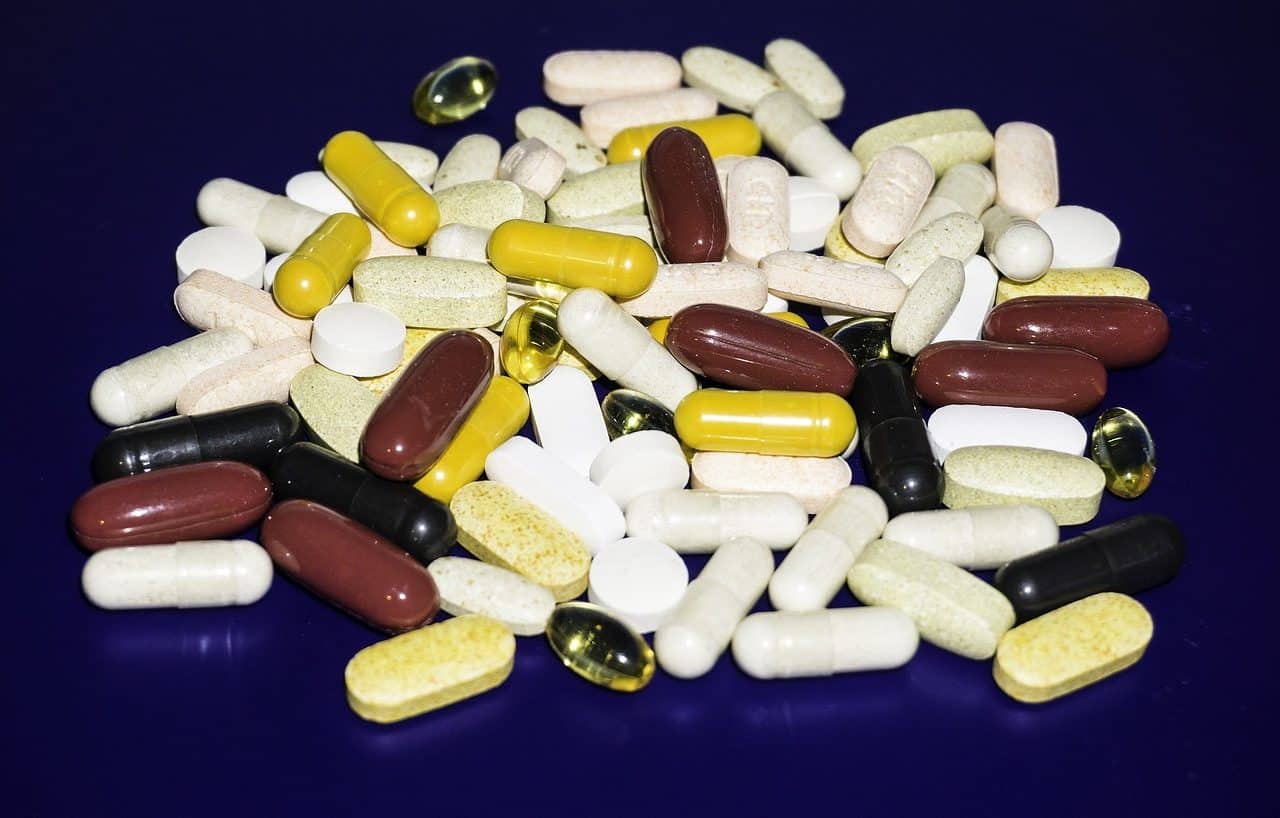
Tachyphylaxis is the tolerance that a person has towards the effects of a drug.
Tachyphylaxis is a term that is not included in the dictionary developed by the Royal Spanish Academy ( RAE ). The notion is used in the field of medicine to refer to the tolerance that a subject has towards the effects of a drug .
Tachyphylaxis, therefore, is linked to the body's resistance to the action of a drug . Due to this tendency, a person needs to consume an increasingly larger dose of the drug in question to obtain the same result they initially obtained.
Let's look at a hypothetical example to understand what the concept refers to. A person who suffers from a headache takes a pill to make the discomfort go away. Over time, due to tachyphylaxis, he must take two pills to combat that same pain, since the drug now does not produce the same effect.
Tachyphylaxis and tolerance
It is worth mentioning that from a technical point of view, the terms tolerance and tachyphylaxis do not have the same meaning, but specialists recognize certain differences. Broadly speaking, it is possible to say that the first takes longer to act, as much as a few weeks, while the second can take place within a few minutes of a dose . Tolerance occurs in the long term and requires the administration of higher doses to obtain the same results over time; Tachyphylaxis, on the other hand, usually appears when doses are given successively and with short intervals .
The reason for this difference is that, by not giving the body enough time between one dose and another, the receptors intended to treat the drug cannot interact with the new dose, since they are attending to the previous one, and this causes Not all of the substance is used, or the expected effects are not appreciated.
Among the drugs with which tachyphylaxis most commonly occurs, we can mention those that serve to release cellular contents ; If its ability to generate said cellular substance is not rapid, a series of successive administrations in a short time will not offer the same results as if they were spaced a few days apart, since the amount of intracellular substance will be insufficient. The same happens with drugs used in the presynaptic element to induce the release of neurotransmitters.

Tachyphylaxis can have different causes.
Its causes
For specialists, tachyphylaxis occurs because the body has the ability to progressively reinforce its actions to degrade the drug. In this way, a desensitization of the cells occurs. Simultaneously, there is a psychological issue that is linked to increased tolerance.
What causes tachyphylaxis, in short, is the need to ingest larger doses of a substance to achieve the same effects that were previously obtained with a lower dose. This leads the subject to increase the amount of substance they consume.
It is important to clarify that the body can increase its tolerance towards certain effects of the drug, but not present changes to others.
There are various factors that can cause tachyphylaxis, and among them are the following:
- Alterations at the molecular level in the receptors, from a structural point of view.
- Decrease in the number of receptors found on the surface of the cell.
- Endogenous mediators may have been depleted.
- Increase in the metabolic degradation of the drug in question.
- Appearance of homeostatic responses by the body to adapt to the presence of the drug, which ends up suppressing some of its effects.
- The cells can actively expel the drug from their interior.
